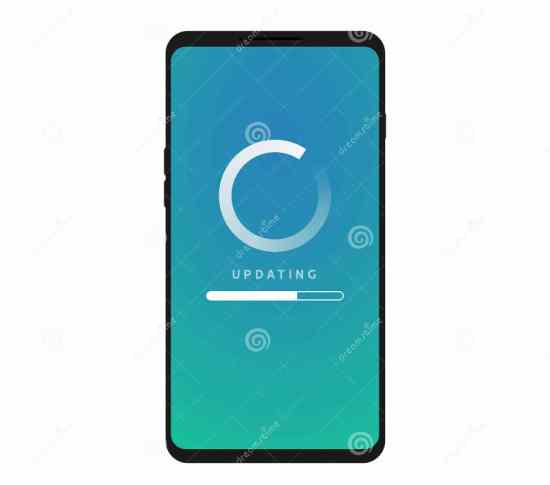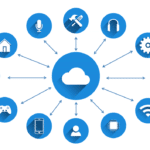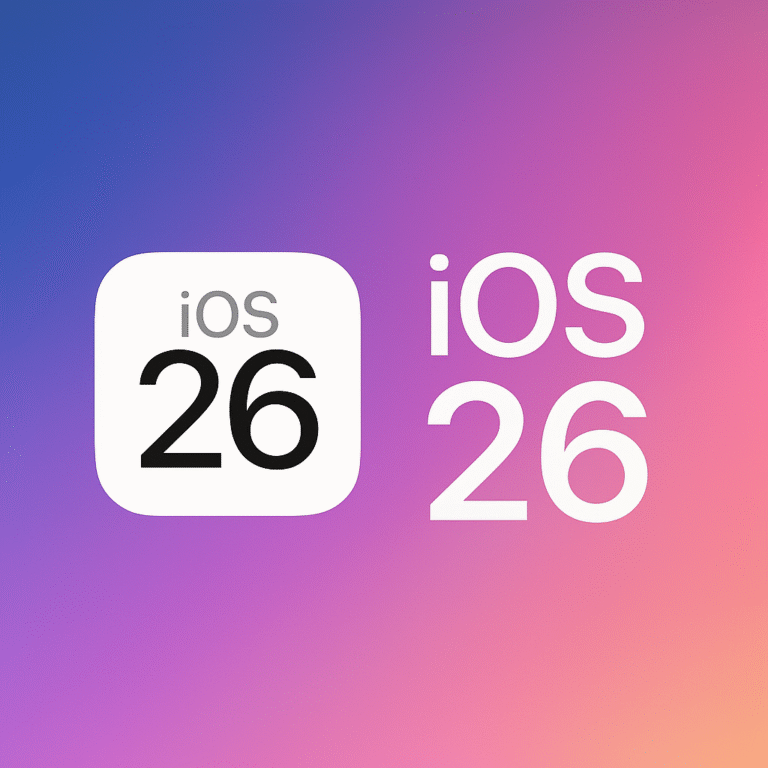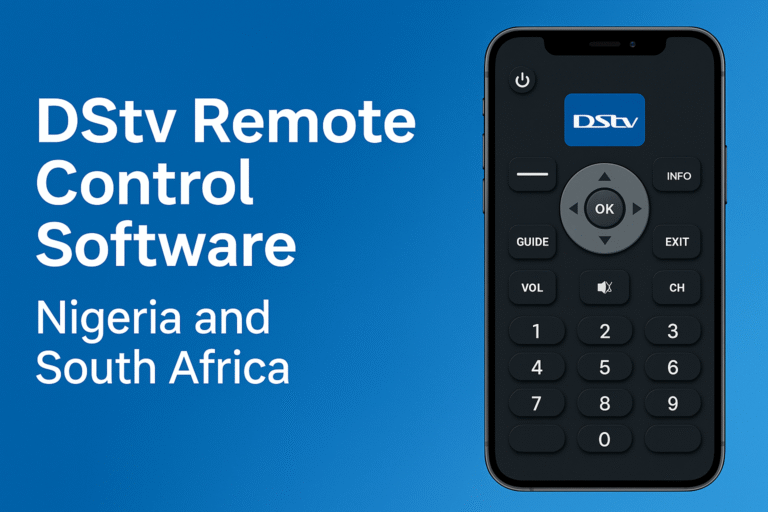In this post, you will See how to upgrade your data technology from buffer to real-time. Signs your internet infrastructure needs an upgrade to reduce buffer and become faster. When online videos and streams cannot play realtime, there is a problem. By reducing data buffering and increasing faster realtime responses, you are upgrading your data technology.
Technology is now at its fastest lane now, yet, so many data operating devices still buffer. Whether you are using the latest device or not, there is a problem with your technology infrastructure if it buffers. Maybe you want to stream video online and your mobile device shows this loading sign. Any delay in the name of loading is a sign your technology is backward. It surely needs an upgrade. Many third-world countries are still experiencing data buffering till date. Unfortunately, they think it is normal. But is it really cool? It can be frustrating when you can’t watch any online content just in real-time due to the data technology backwardness. While you still try to open the video, others have finished watching the movie.
Evidently, advancements in technology is on a global rat race. We can see it in many breakthroughs such as the launch of 5G in the US and so on. The United States and other developed countries do not only have active 5G data networks, but are also upgrading the infrastructures that support it. They have succeeded in eliminating data buffering from their internet surfing experience. Everything now happens realtime. This is where the world ought to be in data technology.

The State of Africa in Data Technology
It is sad that while the US and others are already upgraded and enjoying super-fast data networks, Africa is still buffering. More worrisome is the fact that it seems not to bother them. I guess it seems okay to buffer, as long as that video eventually downloads after 24 hours. Major live TV streaming companies such as DStv Showmax, recommended data download speed of up to 25 Mbps or more. This is the only way one can enjoy a live streaming services. Real-time is the only time as anything else means backwardness in technology infrastructure. Certainly, this points to the fact that Nigeria and other developing countries are still backward in data technology.
Upgrade Now, escape Buffer and Enjoy Real-time Data flow
If your internet data speed buffers, then you need to upgrade. However, what you need to upgrade may be your device or internet service provider (ISP). The third platform that may require upgrade to ensure less buffer and speedy internet is the ISP infrastructure.This tertiary platform may not be within your power to upgrade because it requires huge capital. When you hear that MTN now has 4G network, that is a Telecom infrastructure upgrade.
However, you can get yourself a higher grade computer or mobile phone as well as a higher grade SIM card for mobile communications. Today, 4G SIM cards are different from 3G and so on. Furthermore, 4G enabled phones are different from 3G mobile devices etc. These devices are within your power to purchase. Upgrading to a better network is by choice. If network B offers 5G services unlike your current network A for instance, you can switch over.
How to Test your Device for Data Buffer
Pick up your internet-connected device and try to watch video online. You can choose YouTube or another reputable online video service for this buffer test. Select any video of choice and see how your internet device responds in trying to play it.
Did you notice any sign of loading delay? See the image above to confirm what I mean. If there is a buffer time instead of instant play, it is a good sign that your entire internet and data technology is backward. In the United States today, no one speaks of internet data buffering anymore. All aspects of their data life runs realtime. The big question is, “why would Africa continue to buffer data yet remain the biggest market for all internet and data tech giants?
I get sick when I hear Governments in Africa claim to have spent billions of dollars in information and communication technology (ICT) development. Telecom providers in Nigeria for instance, recently launched the 4G internet speed network. Practically however, millions of internet users in the country are still struggling to have 3G penetrations. Many are still dwelling on 2G and EDGE networks. These facts are verifiable. There is no gain saying that Africa is backward in the technology of data, internet and devices technology. When shall Africa upgrade for real?











Data buffer is indeed a sign of technology infrastructure backwardness. There is need to effect an upgrade to ensure faster, cheaper and more real-time data exchange.